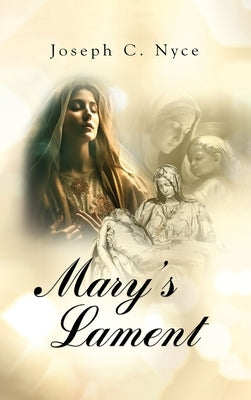Before you leave...
Take 20% off your first order
20% off
Enter the code below at checkout to get 20% off your first order
Discover summer reading lists for all ages & interests!
Find Your Next Read

Religions are humanity's attempt to articulate and enhance the ageless search for righteousness. The three monotheistic religions, Judaism, Christianity, and Islam, all attempt to explain the relationship between the human being and its Creator. All three religions describe God as a God of Love. Yet history has exposed the fact that all three religions have been aggressive supporters, even instigators, of all sorts of human-on-human violence. Some of these accounts and current actions are so egregious that we shudder when reading of them. Yes, this is all in response to the eternal struggle between good and evil. However necessary or just the cause, we continue to be uncomfortable with this connection between religion and violence.
In my search for a way out of this conundrum, I was drawn to a poorly veiled dispute between the early followers of Jesus, alluded to in both the Book of Acts and some of the letters of the Apostle Paul, that may speak directly to this blemish in the human search for righteousness. The Book of Acts, while presenting it as insignificant in the broader picture of the maturation of Christianity, clearly presents a dispute between the disciples of Jesus who remained in and around Jerusalem and the Apostle Paul. It seems apparent that this dispute was never resolved. However, since there are no writings focusing on this issue, we are left with the question of why the Apostle Paul twice visited the disciples in Jerusalem, and both times left on a somewhat contentious basis. A close examination of the theologies of Jesus and Paul present a rather stark distinction. The essence of Paul's theology is God's plan for salvation while Jesus spoke of the presence of God's Kingdom among us. Could this help to explain the division, and also shed some light on our search for righteousness?
Mary's Lament is an attempt to address this dilemma by focusing on Jesus' message of the presence of the Kingdom of Love. Set in the incubation period of Christianity, this novel suggests that Jesus' teachings break through the barriers forming between Jew and Christian, avoiding the tendency of our religious beliefs separating us into contending camps that ultimately lead to violence. It is written in the sure belief that our vision of our Creator does not have to separate us from those we are to love.
Thanks for subscribing!
This email has been registered!
Take 20% off your first order
Enter the code below at checkout to get 20% off your first order